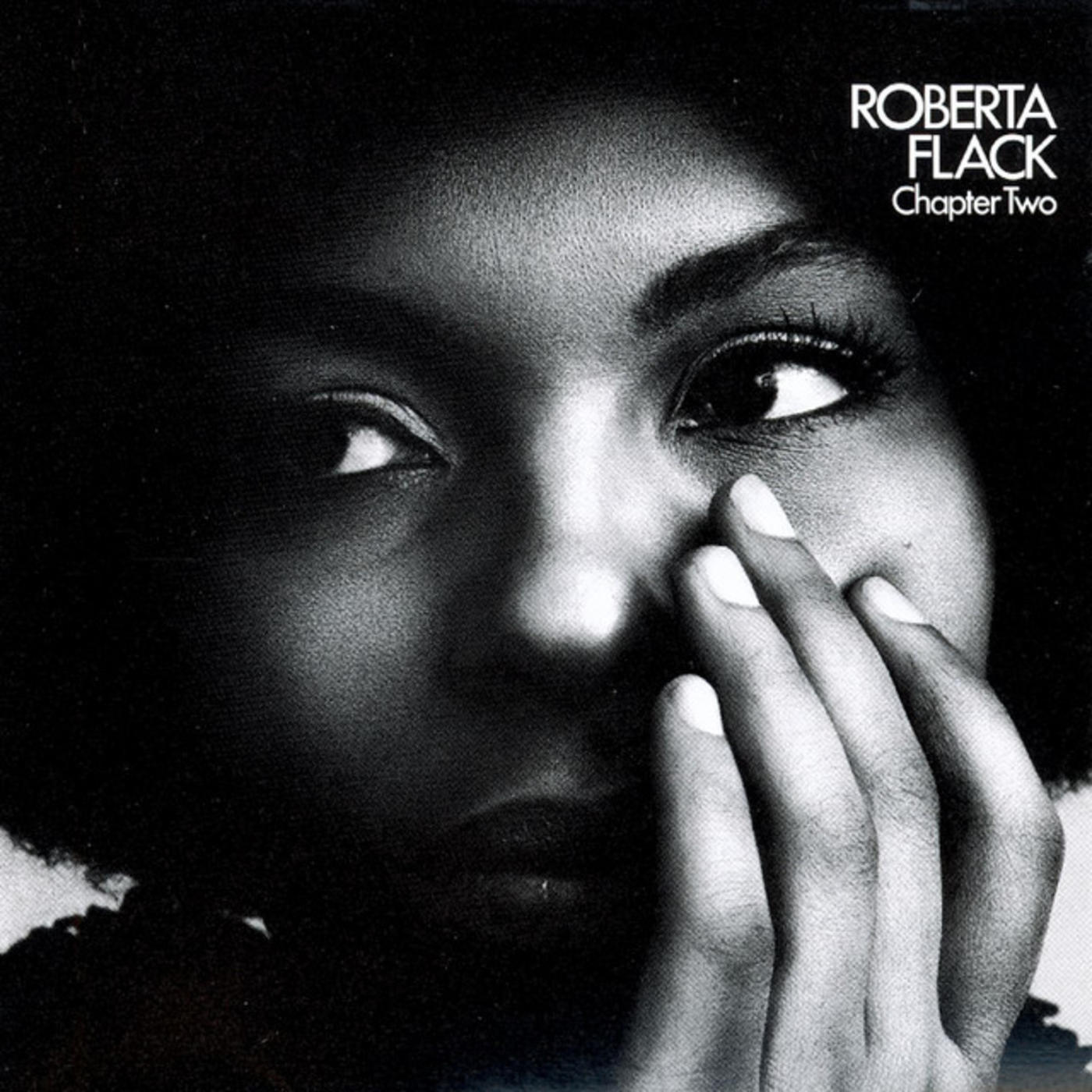Deep Dive: Roberta Flack, ROBERTA

Today we celebrate the fact that yesterday was Roberta Flack’s birthday, and we also apologize for the fact that we don’t post new pieces over the weekend, but we figured that the occasion of Ms. Flack’s birth was worthy of doing something in her honor even if it is a day late.
To commemorate this important date, we’re taking a look back at an album which – as you can see – shares its title with the first name of the artist who recorded it, but it’s one that many of you may not have heard. Granted, this is a presumption based on the fact that it failed to crack the Billboard 200, but to our way of thinking, the worst case scenario here is that we’re wrong and you still get to hear an underrated album that you might not have revisited recently, so it’s still not a bad deal, y’know?
Produced variously by Jerry and Katreese Barnes, Shane Keister, and Barry Miles, ROBERTA was released in 1994, and it was Flack’s final album for Atlantic Records after a stint which had begun 25 years earlier. Not a bad run between an artist and a label, to be sure, but it’s still unfortunate that more people didn’t opt to investigate Flack’s Atlantic swan song at the time of its release, especially given the way Dmitri Erlich raved about it in Entertainment Weekly raved about it”
“On this inspired swing through soul, blues, / and jazz classics — such as Al Green’s ‘Let’s Stay Together,’ B.B. King’s ‘The Thrill Is Gone,’ and Billy Eckstine’s 1945 hit, ‘Cottage For Sale’ — Flack sounds as supple, dramatic, and warm as ever. Sure, there are few bows to contemporary R&B in terms of form or content, but that’s okay: After all, a singer of her standing is above kowtowing to trends.”
In addition, Flack tackled “Sweet Georgia Brown,” “Isn’t It Romantic,” Duke Ellington’s “In a Sentimental Mood” and “Prelude to a Kiss,” “It Might Be You” (from Tootsie), Stevie Wonder’s “Looking for Another Pure Love,” and several other tunes. Whether the album’s failure to chart was because the material wasn’t to the tastes of contemporary audiences in 1994 or for some other reason, the fact of the matter is that it’s a strong album that’s worthy of reappraisal.
For more information, click the buttons below:

